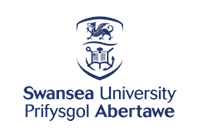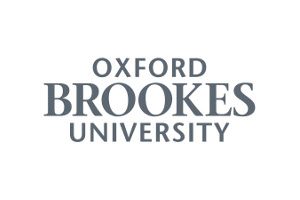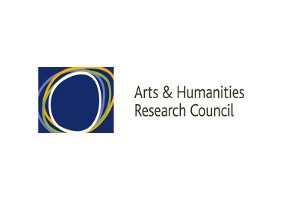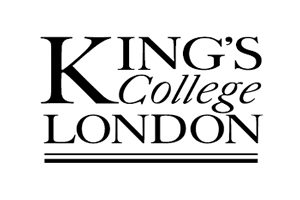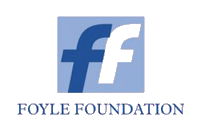Hannah More
(b. Feb. 2, 1745, Fishponds, Bristol, South West, England – d. Sept. 7, 1833, Clifton, Bristol, Gloucestershire, England )
Gender: F
Hannah More (1745-1833) was one of five daughters of a Bristol schoolmaster. She and her sisters established a school, and at the age of 17 she published a sentimental play in verse called The Search for Happiness that she had written for the girls to perform. This was immediately successful, and during the next 20 years sold over 10,000 copies. In 1773 she moved to London and made the acquaintance of David Garrick, who encouraged Hannah to write plays, and arranged for some of them to be performed. Garrick’s wife remained her close friend for the rest of her life. Hannah associated with Samuel Johnson and Edmund Burke, and joined Elizabeth Montagu’s Bluestocking circle. In Richard Samuels’ painting of the Bluestocking ladies in the guise of the Muses, she appeared as the Muse of Tragedy. Her plays were less well-received after Garrick’s death, and following the public failure of her drama The Fatal Falsehood in 1779, she never wrote for the stage again. Some time during the next few years, she moved to the Evangelical wing of the Church of England, and joined the Clapham Sect that included William Wilberforce; her writings became morally and religiously didactic. In 1785 she bought a house in Wrington in Somerset where she lived with her sister Martha for all but the last five years of her life. Hannah and her sisters set up Sunday Schools for the poor in Somerset, despite strong resistance from the landowners and the clergy. During the 1790s, she was invited by Bishop Porteus to exercise her literary talents to discourage social unrest among the poor, and between 1792 and 1797 wrote simple moral tales known as “Cheap Repository Tracts” which were published in their millions, making More one of the most widely-read authors in the country. She wrote numerous other works on conduct, education and religious devotion. Her work did not go without financial reward, and when she died she left the considerable sum of £30,000 in her will. She promoted the work of Ann Yearsley, a Bristol milk-woman, but suffered humiliation when Yearsley accused her and Elizabeth Montagu of refusing to hand over the money due to her from her publications. In 1784, More published a poem entitled the Bas Bleu, which extolled the members and ethos of the Bluestocking circle, and their championing of the art of intelligent conversation.
Also known as:
- Hannah More
Authorities
| Electronic Enlightenment DOI |
| Oxford DNB DOI |
| VIAF Authority File ID |
| Wikipedia |
Mentioned in 9 letters
Recipient of 24 letters
Showing transcribed and un-transcribed letters | show transcribed only
Please note that all dates and location information are provisional, initially taken from the library and archive catalogues. As our section editors continue to work through the material we will update our database and the changes will be reflected across the edition.
Browser support: The website works best using the Chrome, Edge, and Firefox browsers on the PC, and only Chrome and Firefox on the Mac.
